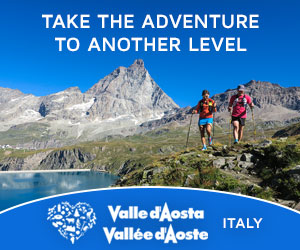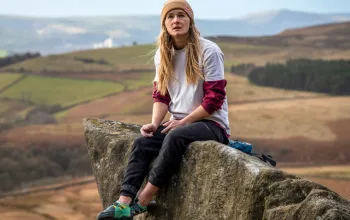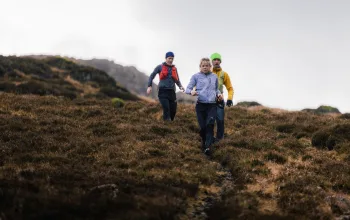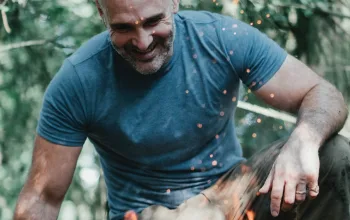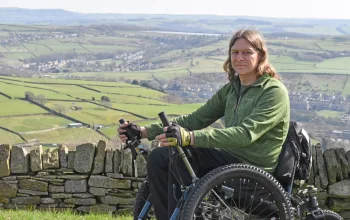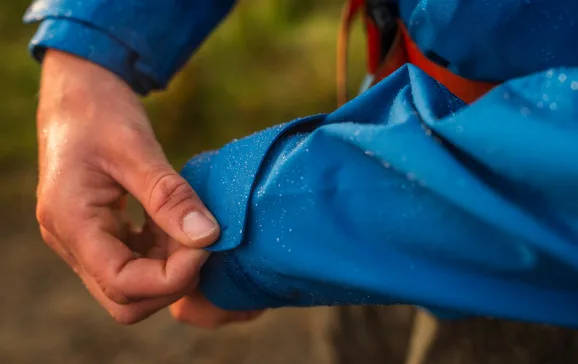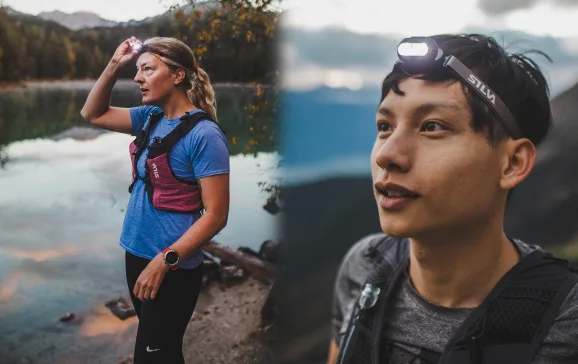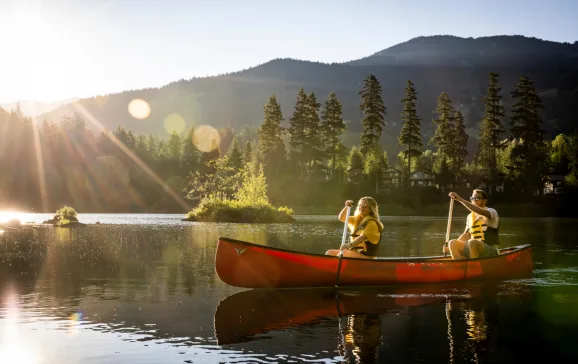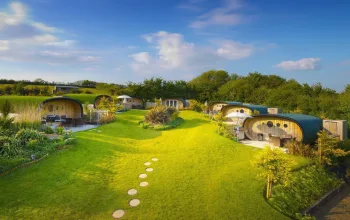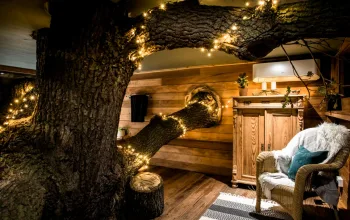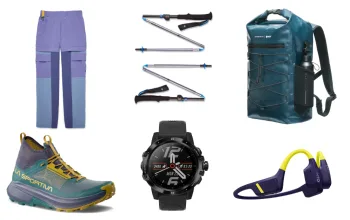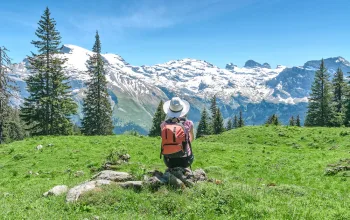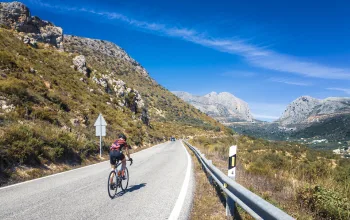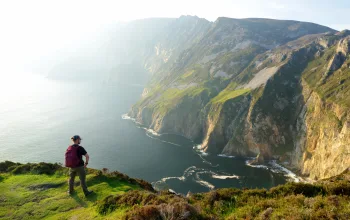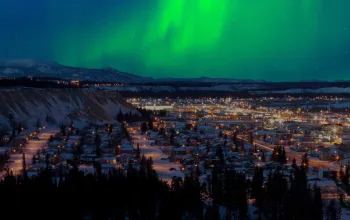When did your climbing begin?
At about six years old in my home of Mayrhofen in the Austrian Tyrol. Six, seven, eight – this is the best age to start learning anything active. It’s not so much that you have less fear at that age but that you’re like a sponge and can remember everything.
What was the driving force behind your climbing?
Love for the mountain – to feel how fantastic nature is! The same as anyone – in terms of the feeling you get at a summit, standing on top of Everest is much the same as topping out on a 3000m summit. Of course it’s colder, it’s higher, you suffer a bit more but it still feels great.
You don’t expect us to believe that you weren’t competitive?
Sure, we were competitive. We were young, strong and wanted to do climbs faster, better and without oxygen.
What was the secret to your successful ascent of Everest without Oxygen in 1978?
Apart from my partnership with Reinhold Messner, in terms of support, the biggest help was having two really good doctors with us who were doing new research about the effects of altitude on the body, and could look after us.
Was this a journey into the unknown then?
Yes. Many people though it was impossible to climb Everest without oxygen. If we had known then what we know now about how many things can go wrong in the body at altitude – what can happen to the lungs, the brain, the heart – we wouldn’t have gone. Better to stay at home!
Were you scared?
Twice on the ascent I got very worried. Once when the ice cracked. The second time was when we couldn’t fix the tent properly. I remember thinking: if that happens higher up, we’re dead. By this stage I had also been married for two years and had a wife and baby at home. Wanting to go home as much as to the summit definitely made it harder for me.
How much were you prepared to risk making the summit?
We never summitted at any cost. On previous climbs we had occasionally got to a certain point and felt that a summit was not on, so just turned back. Some people try to kill themselves when they fail. For me, it’s not a problem. The summit will be there for another day, and if that day doesn’t come, you can do something else. It’s not a war!
Is it a question of not taking it too seriously then?
No. It is serious and getting to the summit is what it’s all about. but I’m not so dumb as to not know that the mountain and the elements are stronger than us.
Most of your biggest climbing feats were with Messner – how important has that partnership been?
Reinhold was incredibly strong – in the mind as well as physically. We trusted each other completely. If two people fit together nicely they are better than ten.
Isn’t a bigger expedition group safer?
Not in my opinion. In a big group people seem to feel they will be looked after if things go wrong. But on a mountain this isn’t always possible. Some of the most tragic expeditions with the highest fatalities have been with the largest groups.
Why is two better?
Without the false security blanket of a big group your senses are sharpened. You see danger more quickly. There are fewer conflicts of interests and opinions and each of you can concentrate on the mountain so much better.
How important was the ascent of the 8000m Hidden Peak in the Himalayas in 1975?
It was the turning point. That was the first ‘alpine style’ ascent of an 8000m peak ever and we did it in three days. This informed all our subsequent expeditions including the Everest one where we climbed light. We never had much to eat, for example. But we’d take just enough – and always enough heat to make a brew, which is so important at altitude.
Three days seems quick?
Our specialty was speed. A quick ascent is often a safer one too. Of course you can make mistakes by going too quickly. But the mountain is a hostile place where things change quickly so often the less time you spend on it the safer you are.
You tried to summit Everest again in 2000 at the age of 58. What happened?
It wasn’t a great success. Neither the woman I was climbing with nor I were using oxygen, as I didn’t want to spoil the first ascent by using it the second time. But we were going too fast and on the South Col I had a massive pulmonary oedema (fluid in the lungs), which meant I had to turn around and get down.
How difficult was it to get off the mountain?
Hard but it was very important for me to save myself without being carried down. That would have been too shameful.
Are your Everest days definitely over?
At 72 any thoughts of climbing it most certainly are. But Everest and Nepal itself are still very much part of my life. Nepal and its people have been a huge contributing factor to my successes. I love the treks, the trails, the Sherpas and above all the people. They have always been so genuine and honest with me. I’ll always stay involved with those I met there. But it’s not just about the mountain, it’s about the characters you meet, the friends you make. There’s so much more to mountaineering than just the mountain itself you see!





